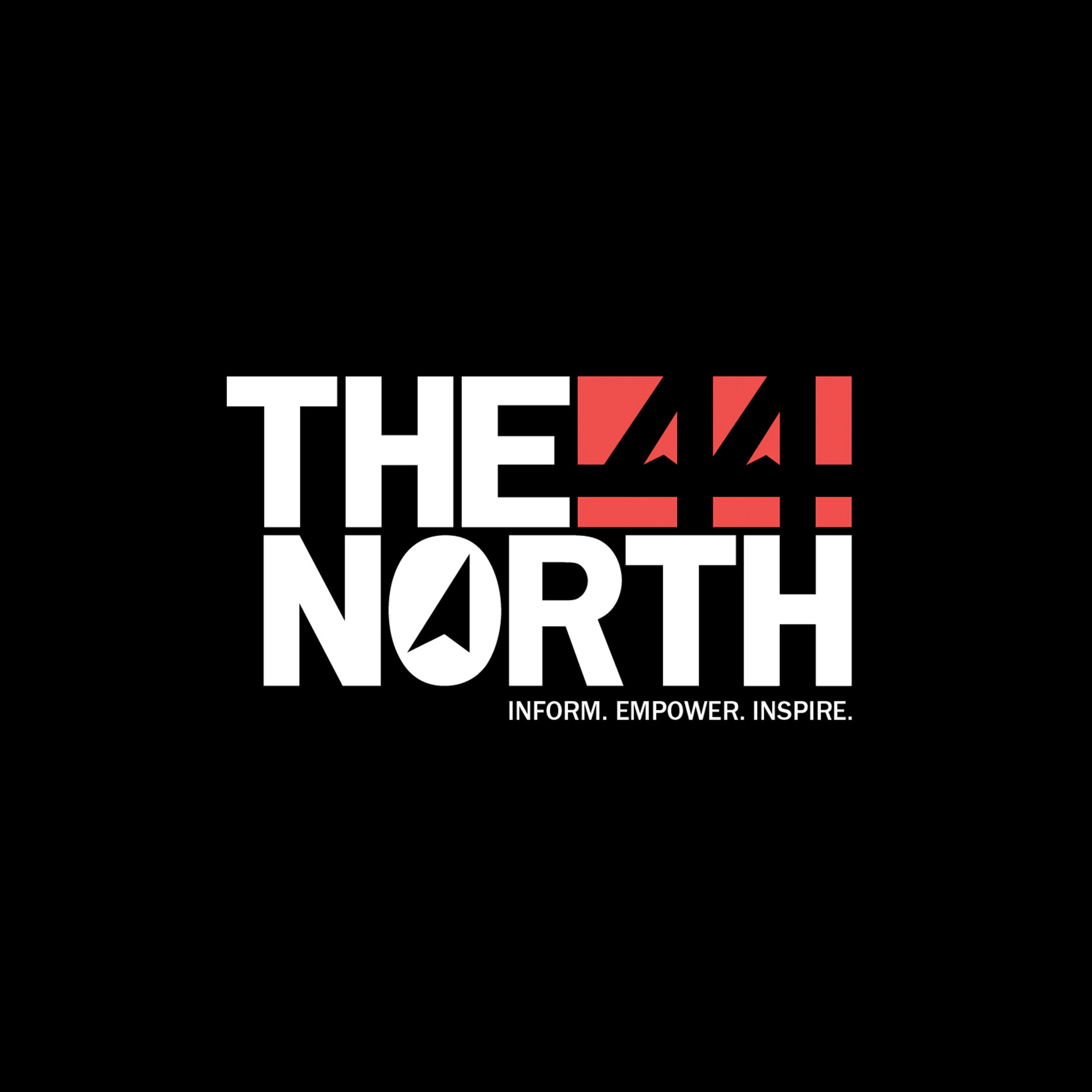- The 44 North Team

- Dec 8, 2025
- 3 min read
Updated: Jan 14
by The 44 North Team
From us to you this holiday season

When everything is expensive, you want to be more sustainable, or produce as little waste as possible, it’s time to think outside the box.
The Holidays don’t need to be about spending money—they can be about taking the time to make meaningful things.
Stories to Share, Ideas to Keep
Books travel further than we do, and as James Clear noted, “Books are the closest thing to a time machine that humans have ever created.” Starting in early high school, every year during the holidays, my dad would gift me a book (or two) and write the date and an inscription inside. My bookshelves today still hold many of those volumes, and now that he’s gone, every time I pull one off the shelf it’s like he’s reaching into the future to speak to me—and I’m receiving another wonderful gift. This holiday season, my suggestion is to give a favourite book, either from a local store or from your own shelf—perhaps a copy you dog-eared and loved, with the date and a message inside the cover.
If you don’t have a book to give, curate a small reading list, like a playlist of ideas:
Something that made you laugh
Something that soothed you
Something that shifted your thinking
Print it, fold it, tie it with twine. A library card is optional, but a poetic touch.
—Gillian
Edible Moments (Not Projects)
Forget elaborate charcuterie boards. A gift can be four perfect shortbread cookies wrapped in wax paper. Or a tiny jar of cocoa mix or soup with a handwritten recipe. Or one tea bag paired with one cookie:
“A moment of calm, to be used whenever needed.”
Small servings can feel intentional and thoughtful—a treat for now, not a chore for later.
—Gillian
Scrapbook Holiday Cards & Letters
Sometimes it’s hard to generate the words we’d like to share with our loved ones, especially during the holidays. But if you have old magazines, notebooks, cookbooks, textbooks, or even holiday cards around, you may be able to borrow words in some fun, crafty ways:
From a book or magazine (that you’d recycle otherwise), use scissors to cut out a full page of an essay, short story, or news article. Circle or cross out words, sentences, and phrases with a permanent marker. What you’d like to say might erupt as the words left on the page!
Gather an array of materials with writing in them, such as notebooks, cookbooks, textbooks, or past holiday cards. Pick out phrases or sentences you love, and cut them out with scissors. Rearrange your fragments on a new piece of paper to craft a message, card, or letter!
Of course, you can always go full-craft-mode and decorate your pages with other make-shift supplies around your house. Some fun ones might include memorabilia we usually throw away, such as receipts, ticket stubs, bottle labels, sleeves of to-go coffee cups, twist-ties, or information/business cards. Get creative!
—Mikaela
Make Ornaments
Get your craft on and make something meaningful for your loved ones with things you already have lying around your home. Felt? Air-dry clay? Old wrapping paper? This is one of those easy gift ideas that lets you customize your ornament for whoever you’re giving it to, and there is no shortage of tutorials and links online to learn how to do it.
It also allows us to slow down during what can be a very busy and overwhelming time of year. Put on some music, light a candle, eat a snack, and get crafting.



